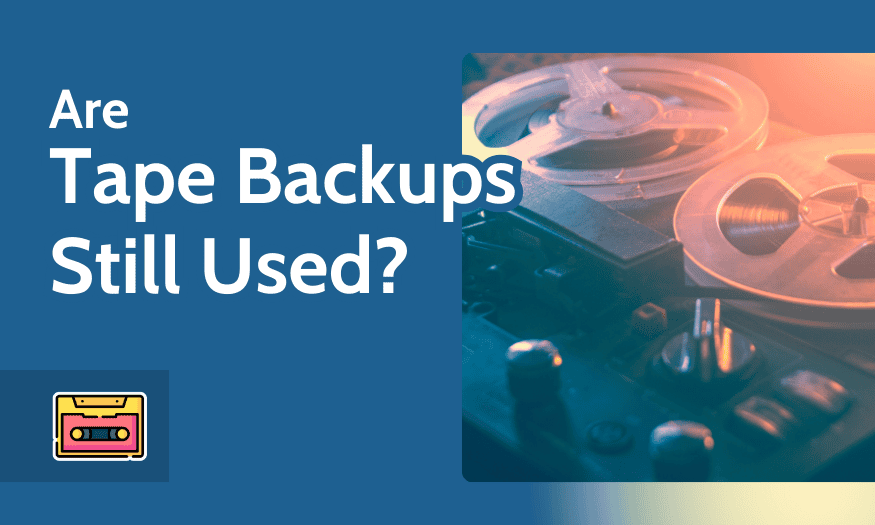Decentralized Exchanges or DEXs have become powerful platforms in the web3 ecosystem, offering enhancements over traditional exchanges. DEXs provide a new perspective on trading digital assets by operating without central authorities. This decentralized exchange development guide brings additional benefits to users such as improved asset control, enhanced privacy, and better security. DEXs have become a significant element in the evolving web3 ecosystem, with daily trading volumes exceeding $1.3 billion in October 2023. Over 209 million users engaged in financial transactions on DEXs, with Uniswap being the largest platform. Let’s explore how to build a DEX like Uniswap and understand the essential requirements for creating DEXs.
Understanding Decentralized Exchanges and Their Working
DEXs differ from centralized exchanges like Binance or Coinbase by eliminating intermediaries or centralized authorities. Understanding the fundamentals of DEXs is crucial as they offer a decentralized approach to asset trading. Centralized exchanges control user funds in transactions by matching buy and sell orders, while DEXs like SushiSwap and Uniswap leverage smart contracts for direct token swaps between users’ crypto wallets. Despite the benefits of decentralization, DEXs also come with challenges such as limited liquidity for less popular tokens.
Learn about the working mechanisms and advantages of smart contracts with Blockchains Fundamentals Free Course.
Why Have DEXs Gained Momentum?
Centralized exchanges faced setbacks like vulnerability to attacks and scams, leading to the rise in popularity of DEXs. The collapse of FTX in 2022 highlighted the need for DEX development to revolutionize cryptocurrency accessibility. DEXs offer better security, transparency, and user control, making them valuable additions to the web3 ecosystem.
Excited to know the use cases of crypto in NFTs, DeFi, and the metaverse, Enroll now in the Cryptocurrency Fundamentals Course
Why Should You Develop a Decentralized Exchange?
Setbacks with centralized exchanges provide strong reasons to build a DEX with features addressing centralized exchange limitations. Accessibility, global reach, community development, and revenue opportunities are compelling reasons to develop DEXs. DEXs rely on trading fees, token listing fees, governance token sales, collaborations, and premium features for revenue generation.
Preparedness for the Future
The expanding web3 and blockchain ecosystem drive the need for DEX development to stay ahead of trends and readiness for the future. Strong community development, revenue opportunities, and transparency are key aspects that make DEXs attractive for businesses.
Assurance of Transparency
Transparency in DEX transactions builds trust and encourages repeated use. Documented transactions on blockchain networks ensure secure verification and transparency, enhancing user trust in decentralized exchanges.
Build your identity as a certified blockchain expert with 101 Blockchains’ Blockchain Certifications designed to provide enhanced career prospects.
Do You Need a Completely Decentralized or Semi-Decentralized DEX?
Businesses exploring DEX development should consider completely decentralized or semi-decentralized DEX variants. Completely decentralized DEXs offer full user control and security, while semi-decentralized DEXs balance user experience with decentralization using a mix of on-chain and off-chain elements.
What are the Important Components of a Decentralized Exchange?
Smart contracts, liquidity pools, wallets, security mechanisms, and order matching mechanisms are crucial components in DEX development. Smart contracts power DEX operations, liquidity pools enhance trading liquidity, wallets provide user access, and security measures protect against threats. Order matching mechanisms like Automated Market Makers (AMM) ensure efficient trades.
Curious to understand the complete smart contract development lifecycle? Enroll now in the Smart Contracts Development Course!
Steps for Developing the Decentralized Exchange
To develop a successful DEX, establish business goals, select a blockchain network, choose an order matching mechanism, develop smart contracts, design user-friendly interfaces, ensure legal compliance, and prioritize security. Following a structured approach and focusing on security and user experience are key to DEX development.
Final Words
Decentralized exchanges offer a new standard in usability and decentralization within the web3 ecosystem. This guide provides insights into creating DEXs, highlighting the importance of practical experience in DEX development projects. Learn from experts, navigate each step carefully, and embark on building your decentralized exchange to leverage the benefits of decentralization.

*Disclaimer: The article does not provide investment advice. Claims made are not investment recommendations. Readers should conduct their own research before making any investment decisions.






















